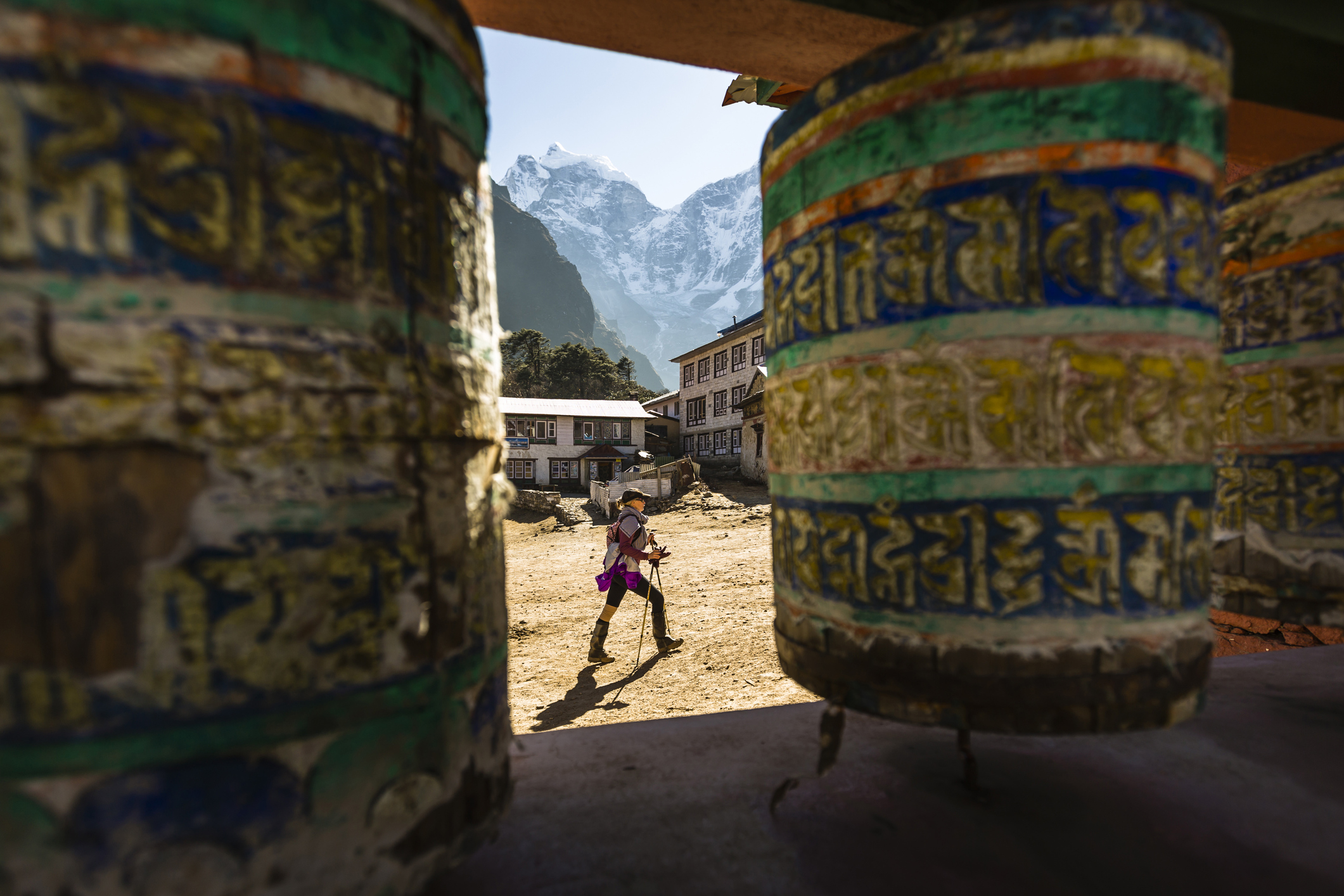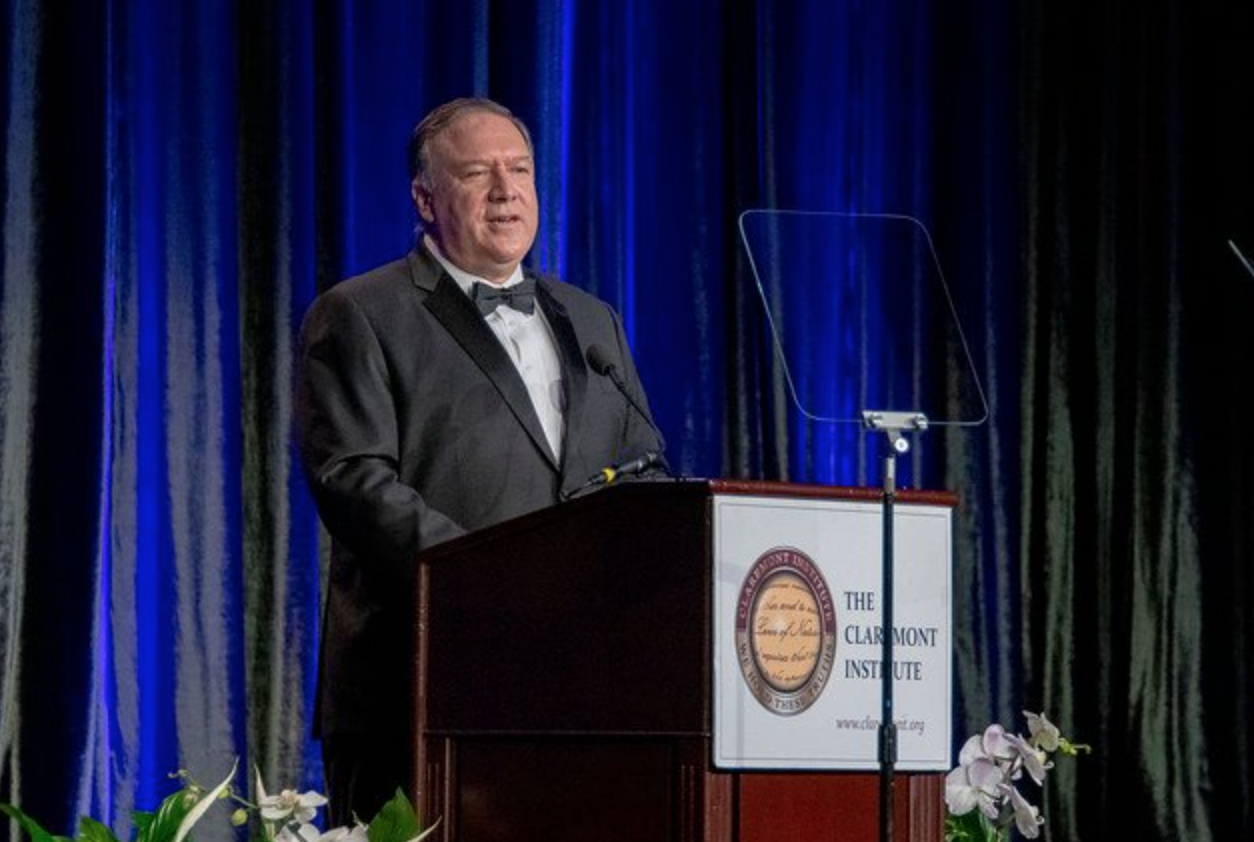How U.S. Supply Chains Caught A Cold.
Himalayan Standoff

China and the U.S. play geopolitical chess in South Asia.
Nepal summons up dramatic images of Mount Everest, heroic Sherpas risking their lives, devastating earthquakes, and breathtaking scenery. But beyond the picturesque, Nepal is currently embroiled in a dramatic game of geopolitical chess. But don’t assume that the Himalayan nation is a player; rather, it’s a pawn. The U.S. and China are currently wrestling for the soul of the country. Why are the two biggest countries in the world grappling over a small, poor country that exports very little to the world?
Of the 195 countries on the planet, 140 are currently signed up to China’s “Belt and Road Initiative” (BRI), the global infrastructure project as dangerous as it is all-encompassing. Unveiled by Xi Jinping almost a decade ago, the BRI is neocolonialism in twentieth-century dress: roads and bridges to upgrade essential trade infrastructure in exchange for Chinese control of resources, political parties, educational institutes, and technology.
Nepal, which has joined the BRI, is bitterly divided. From 1996 to 2006, the Maoist Communist Party of Nepal engaged in a brutal civil war against the Nepalese government. Thousands of people lost their lives. In 2017, the Maoist leader, Pushpa Kumar Dahal, then Prime Minister of Nepal, signed Nepal up to the BRI. To date, Nepal’s BRI journey has been a disappointment. The Chinese have continuously failed to deliver.
In 2017, around the very same time the Maoists made a deal with Beijing, the Nepalese opposition made a deal with Washington, signing up to the “Millennium Challenge Corporation,” a bilateral United States foreign aid agency established by the Congress in 2004. The U.S. promised to give Nepal $500 million to reduce poverty and stimulate economic growth. However, the offer from the U.S. was never ratified. On February 28, 2022, that offer expires. Why has there been such hesitancy to accept U.S assistance?
According to Ashis Adhikary, a Nepali academic well-versed in China-Nepal-U.S. relations, Nepal’s hesitance to accept U.S. aid and implement MCC turns on a number of politicians and scholars who claim it would infringe on the country’s sovereignty. A propaganda whisper campaign led by Beijing has promoted the idea that acceptance of U.S. assistance would entail a loss of Nepalese autonomy. Throughout hundreds of years of British domination of South Asia, Nepal retained independence as a monarchy. It still maintains a sensitivity to the threat of domination by the West. China has craftily exploited this anxiety over Yankee hegemony, leveraging its influence over Kathmandu’s Maoists to oppose MCC ratification. Both major communist parties in Nepal have aligned against the liberal party, publicly stating they’ll vote against MCC.
And if the MCC is not ratified soon, then the U.S. looks likely to cancel the grant. This could prove to be disastrous for Nepal.
The U.S. and Nepal have a relationship that goes back decades, and which has seen the U.S. provide around $800 million in direct bilateral assistance to Nepal, in addition to a similar amount distributed through multilateral organizations Although trade between the two countries “is minimal,” says Adhikary, “the scope of cooperation is very deep and multidimensional. America has already invested a lot in Nepal to implant liberal values.” A semi-functional economic system has arrived too. Nepalis attending school in the United States represent the 11th largest bloc of international students in American colleges and universities.
“A stable and prosperous Nepal is desired by both China and the United States,” Adhikary says. But Nepal, traditionally non-aligned, can’t serve two masters. Nepal is also receiving pressure from its other neighbor, India, to accept the American aid. A unified India-U.S.-Nepal axis poses a threat to China making the MCC well worth the trouble of fighting.
Nepal, with its painful history of devastating earthquakes, now finds itself situated on a political fault line. Whether or not it signs the MCC, an eruption of the latent tensions beneath the surface is guaranteed sooner or later. With the horrors of civil war barely having receded, the Nepali people are right to be anxious about tectonic shifts in global power relations.
The American Mind presents a range of perspectives. Views are writers’ own and do not necessarily represent those of The Claremont Institute.
The American Mind is a publication of the Claremont Institute, a non-profit 501(c)(3) organization, dedicated to restoring the principles of the American Founding to their rightful, preeminent authority in our national life. Interested in supporting our work? Gifts to the Claremont Institute are tax-deductible.
United States Secretary of State Mike Pompeo delivered the keynote address at the Claremont Institute's 40th Anniversary Gala as this year's recipient of the Institute's Statesmanship Award.
Self-government is hostage to hostile captors.



